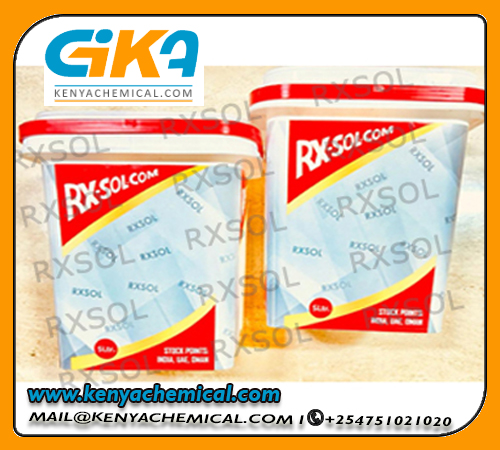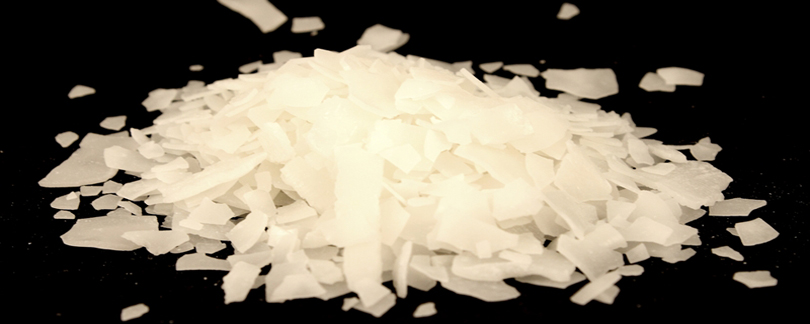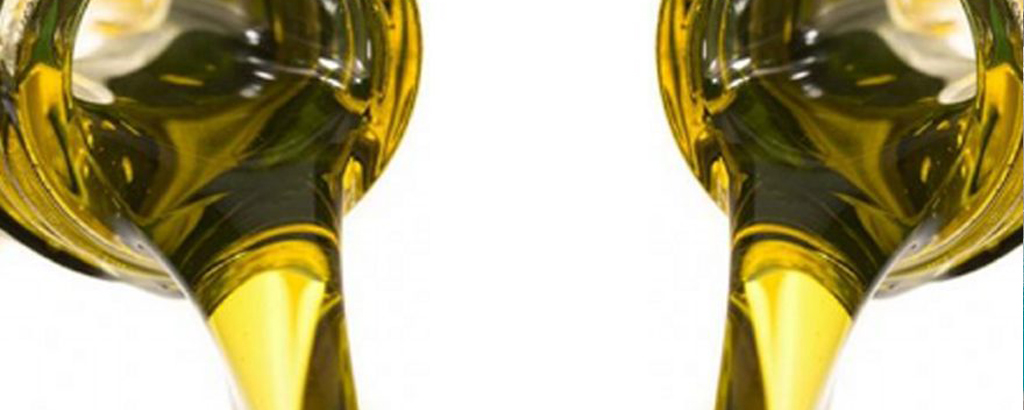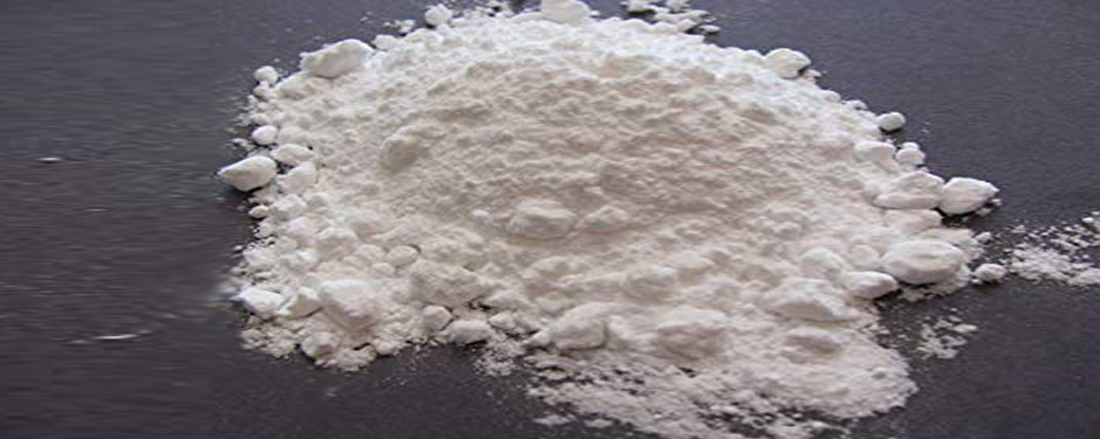BARBITURIC ACID or Malonylurea or 6-hydroxyuracil
BARBITURIC ACID FOR SYNTHESIS: BARBITURIC ACID or malonylurea or 6-hydroxyuracil is an organic compound based on a pyrimidine heterocyclic skeleton. It is an odorless powder soluble in water. Barbituric acid is the parent compound of barbiturate drugs, although barbituric acid itself is not pharmacologically active.
The synthesis of barbituric acid is effected by condensation of diethyl malonate with urea in the presence of sodium ethoxide which may be prepared by reacting Na metal with ethanol and it undergo cyclization reaction with diethyl malonate. Aim: To prepare barbituric acid from urea and dimethyl malonate.
| Physical state at 20 °C : | Solid |
| Odour : | Odorless |
| Odour threshold : | No data available. |
| pH value : | Not applicable |
| Melting point [°C] : | 248 - 255 °C |
| Decomposition point [°C] : | N/A |
| Critical temperature [°C] : | N/A |
| Auto-ignition temperature [°C] : | N/A |
| Flammability (solid, gas) : | N/A |
| Flash point [°C] : | 150°C |
| Boiling point [°C] : | 2600C |
| Initial boiling point [°C] : | N/A |
| Final boiling point [°C] : | N/A |
| Evaporation rate : | N/A |
| Vapour pressure [20°C] : | N/A |
| Vapour pressure mm/Hg : | N/A |
| Vapour density : | N/A |
| Density [g/cm3] : | N/A |
| Relative density, gas (air=1) : | N/A |
| Relative density, liquid (water=1) : | N/A |
| Solubility in water [% weight] : | Patially soluble in |
| Solubility in water : | N/A |
| Log Pow octanol / | No data available. |
| water at 20°C : | N/A |
| Solubility : | N/A |
| Viscosity at 40°C [mm2/s] : | N/A |
| Explosive properties : | N/A |
| Explosion limits - upper [%] : | N/A |
| Explosion limits - lower [%] : | N/A |
| Oxidising properties : | No data available |
Barbituric acid has been utilized in the design and synthesis of diverse types of heterocyclic and carbocyclic compounds and considered as an important building block in organic synthesis. There is a wide range of multicomponent reactions that include barbituric acid as starting material.
Barbituric acid has been prepared by the action of phosphorus oxychloride on malonic acid and urea;1 by treating an acetic acid solution of urea and malonic acid with acetic anhydride;2 from diethyl malonate and urea using sodium ethoxide as a condensing agent;3 and from diethyl malonate and the sodium derivative









